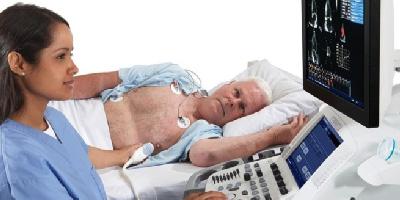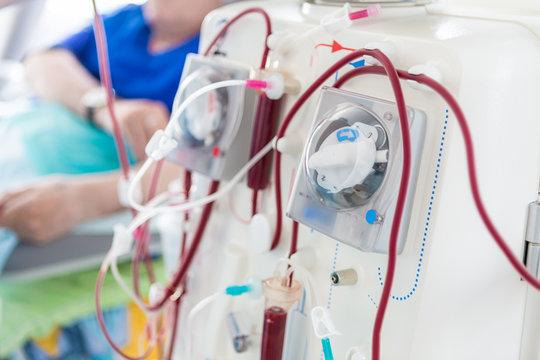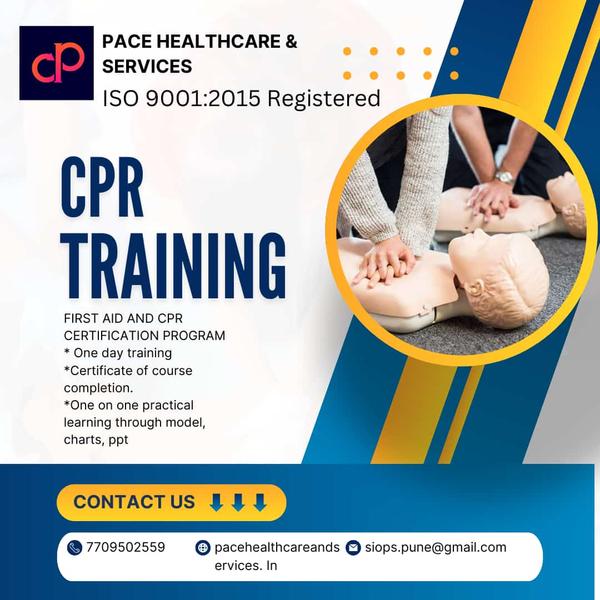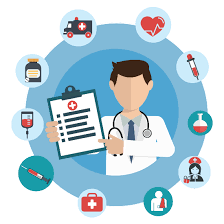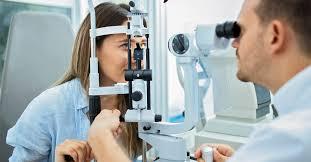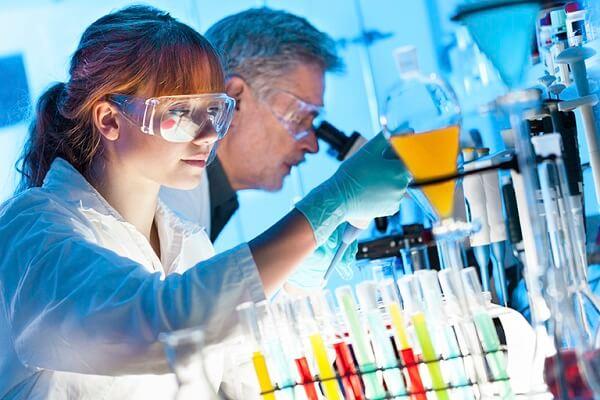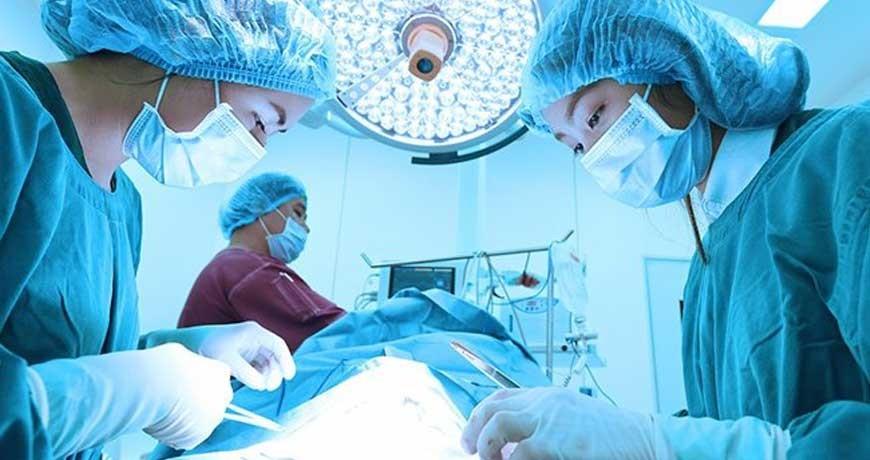Here are the **detailed course highlights** for the **GNM (General Nursing and Midwifery) Nursing Course** affiliated with the **Maharashtra Nursing Council (MNC)** — ideal for Sanjeevani Institute of Paramedical Sciences to share with prospective students: --- ### 🩺 **GNM (General Nursing and Midwifery) Course Details** **Affiliated with:** Maharashtra Nursing Council (MNC), Mumbai **Offered at:** Sanjeevani Institute of Paramedical Sciences, Kondhwa Budruk, Pune --- #### 📚 **Course Duration:** **3 Years** (Including internship) --- #### 🎓 **Eligibility Criteria:** * 10+2 passed in any stream (Arts/Science/Commerce) with minimum 40% marks. * Age: 17 to 35 years * Both male and female candidates are eligible. * Must be medically fit. --- #### 🏥 **Course Overview:** * Training in **Nursing Foundations, Medical-Surgical Nursing, Community Health Nursing, Child Health, Mental Health, and Midwifery**. * Hands-on clinical practice in affiliated hospitals and healthcare centers. * Emphasis on **practical skills, ethics, patient care, and communication**. --- #### 🏆 **Why Choose Us?** * MNC-affiliated & Recognized program * Up to **80% scholarship** for eligible students * Experienced faculty and modern labs * Clinical training in reputed hospitals * Job placement assistance --- #### 💼 **Career Opportunities After GNM:** * Staff Nurse in hospitals and clinics * Community Health Nurse * School Health Nurse * Midwife * Nursing Tutor * Government health departments and NGOs * Opportunity for further studies like Post-Basic B.Sc. Nursing --- #### 📞 **Admissions Open – Apply Now!** **Contact:** 8007680303 / 8007690303 🌐 **Website:** [www.sanjeevaniparamedical.com](http://www.sanjeevaniparamedical.com) ...
15000 INR View More

